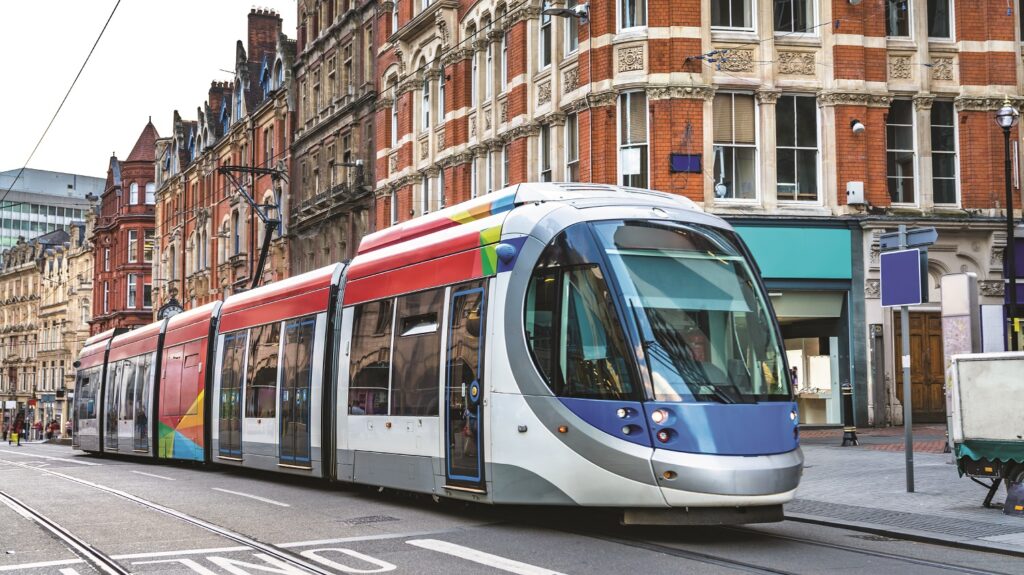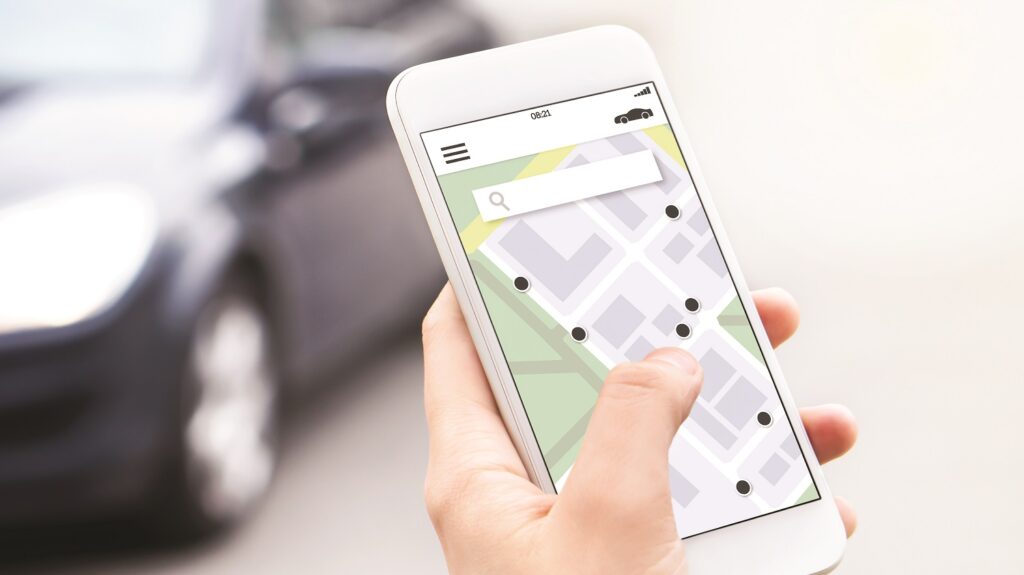E-courses on Multimodality
Integrated mobility systems that allow modal shift and transition management from individual to shared/public transport.
It involves Modal shift and transition management (individual-transport to shared/nonmotorized transport/public transport), MaaS (mobility as a service), service integration and inter-modality, park and ride, multimodal/mobility hubs, etc.

Fundamentals of Public Transport: key components for success
This course explores the essentials of public transport, defining key concepts, evaluating success, improving services, and addressing funding and management. You will gain a comprehensive understanding of creating efficient, user-friendly public transport systems.
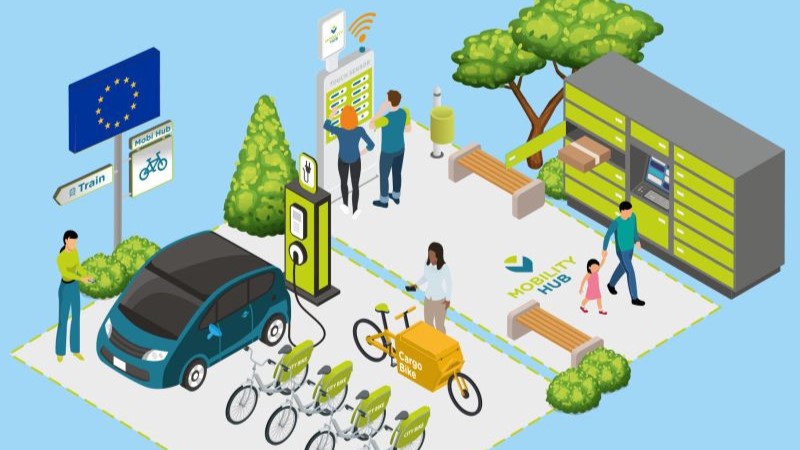
Implementing Mobility Hubs to Reduce Car Dependence in Cities
This course introduces mobility hubs and their role in reducing private car usage. Explore different types of mobility hubs, gain insights from experts, and learn practical design principles through a step-by-step guide to designing and implementing mobility hubs.
Frequently Asked Questions about Multimodality
1. Do I need a degree to work in Multimodality?
A degree can be helpful, but it’s not always a must. Many jobs in the field focus more on practical experience in areas like sustainable urban mobility, and multimodal transport systems, as well as technical expertise in Mobility-as-a-Service (MaaS), car-sharing, user experience (UX) design, or stakeholder engagement. These skills can sometimes help open doors even without academic qualifications.
2. What are common topics covered in Multimodality courses?
Topics covered in these courses include fundamentals of urban mobility, multimodal transportation, and shared mobility, as well as Sustainable Urban Mobility Plans (SUMPs), car-sharing with a focus on creating integrated solutions and engaging stakeholders. You’ll also learn about mobility hubs to reduce car dependency, car sharing, and Mobility-as-a-Service (MaaS) to better understand the multimodal ecosystem.
3. What skills or experience do I need to start a career in Multimodality?
To get started, you’ll need a good grasp of multimodal transport planning, service integration, and modal shift strategies. Experience in project management, data analysis, and an understanding of Mobile-as-a-Service and mobility hubs can give you an extra edge.
4. What are some common career paths for someone learning about Multimodality?
You can pursue roles like multimodal transport planner, service integration specialist, MaaS coordinator, mobility hub manager, urban mobility consultant, and more. People in this field often find opportunities in urban planning agencies, transportation departments, consultancy firms, and technology companies focused on sustainable transport.
5. What are the benefits of taking an online course about Multimodality?
An online course in Multimodality offers flexibility and convenience, letting you learn at your own pace from anywhere. Plus, these courses are often updated, which means they provide current knowledge and practical skills that are directly useful in the industry and could lead to job opportunities.
6. Why is it important to learn about Multimodality?
It’s essential to learn about Multimodality because it’s the key to integrating various transport modes to create efficient and sustainable urban mobility systems. This knowledge equips you to help build seamless, accessible, and environmentally friendly transport solutions.
7. How long do courses about Multimodality typically take to complete?
Course lengths vary, but most can be completed in a few days to a couple of weeks, depending on the material and your speed.
For detailed information on specific courses, visit these pages:
Explore courses on all categories
Our Awards
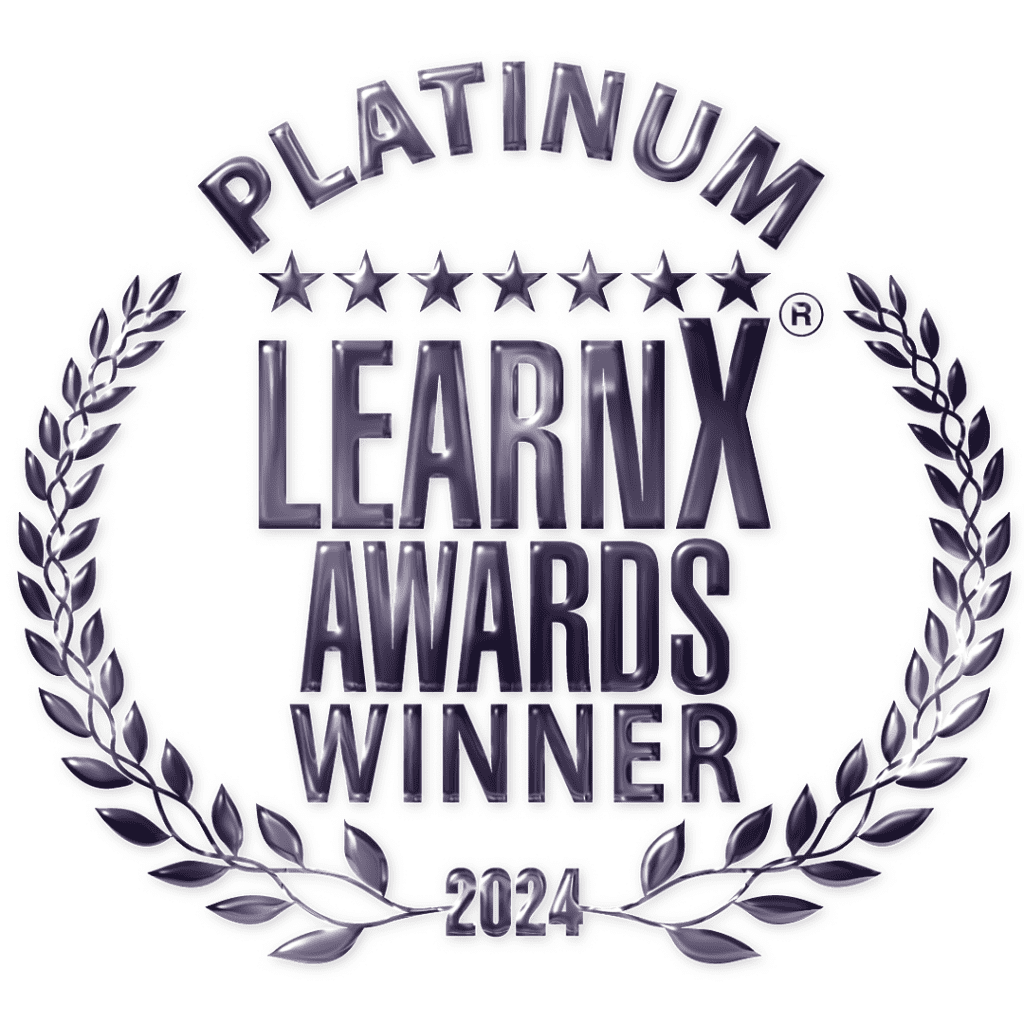

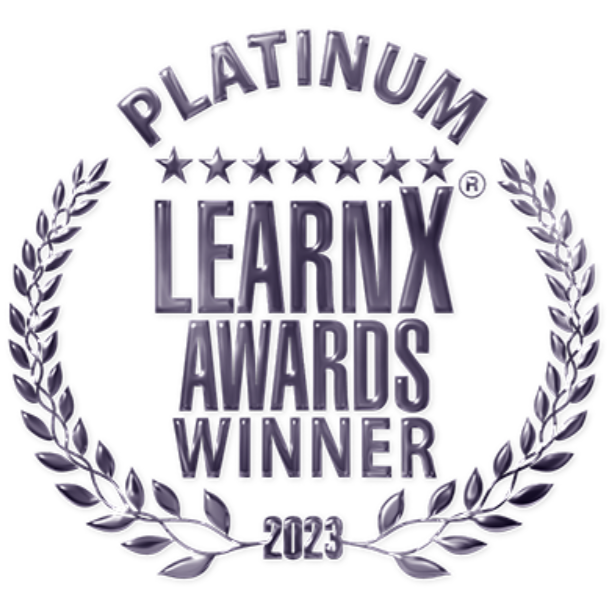


Newsletter
Stay in the loop with the latest updates! By signing up for our email newsletter, you’ll be the first to know about new courses and publications, updates, upcoming activities and exciting information tailored to your interests. Join us today and be part of our community.
By clicking “Subscribe” I give EIT Urban Mobility my consent for the use of my personal data for the purpose of sending me newsletters in accordance with EIT Urban Mobility’s Privacy Policy



